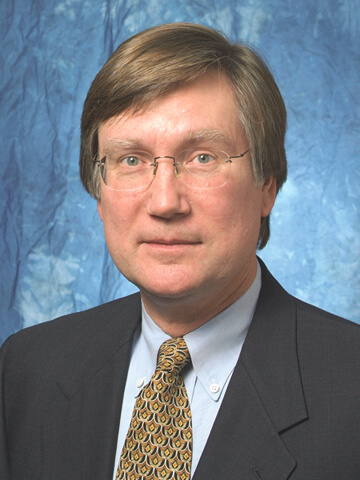Looking at FCC Non-Vacancy Specific EEO Outreach Efforts – the ‘Menu Options’ – in a Pandemic World


David Oxenford
By: David Oxenford, Wilkinson Barker Knauer LLP
In the last few weeks, we have received several inquiries from broadcasters about the FCC’s enforcement of its requirements that broadcasters conduct non-vacancy specific outreach efforts to educate their communities about broadcast employment opportunities and to train their staff to assume greater responsibility at stations and otherwise assist them in their career development (not to train them for their current positions, but to prepare them to assume a position with more responsibilities as their careers advance). Stations are required to undertake a variety of activities to educate the public about broadcast employment opportunities (and the experience and skills that will be helpful to obtain these broadcast positions) and to train their employees to advance in their careers beyond their current positions. These outreach efforts must be undertaken even when stations don’t have job openings. The FCC has a whole list of “menu options” to meet these obligations (see them listed in the EEO training presentation that I did last year for a state broadcast association, available here). While these menu options were designed for a “normal” work environment, many can be adapted to today’s world where so much business and education is being done virtually.
When asked if these rules are still in effect, I have been telling broadcasters that the FCC has not said that these obligations are suspended during the pandemic. In fact, the FCC has been conducting EEO audits throughout the course of the pandemic (see our article here, for instance), so it appears that enforcement of the EEO rules continues unabated. While I expect that the FCC will be somewhat flexible in assessing compliance in these present circumstances, stations can accomplish many of the activities listed in the menu options even in the pandemic. In a webinar that I conducted recently for many of the states with upcoming radio license renewal deadlines, and in another webinar for a public broadcasters group in a midwestern state, I discussed some of those opportunities.
Attendance at job fairs is one of the menu options – a station having to send employees involved in the employment process to four job fairs in a two year period to obtain one EEO credit (stations in employment units with five to ten full-time employees and those operating in metropolitan areas with fewer than 250,000 people have to complete two credits in a two-year period, while larger groups in larger markets have to gather 4 credits – an employment unit being one or more commonly controlled stations serving the same area and having at least one common employee). While in-person job fairs have been scarce during the time of COVID, many organizations, including many state broadcast associations, are conducting online job fairs about which I have heard some positive reviews. Another of the menu options is talking to student groups about careers in broadcasting – four presentations to students in a two-year period gets a credit. Certainly, these presentations can be done virtually especially as so many students are already learning in a virtual environment. Educating community groups about broadcast employment opportunities can also be done virtually by speaking to local business and civic associations at their online meetings.
Activities inside the station also can count for credit and can be done even while socially distancing. Training programs to help employees train for a higher position in the station is another option that can be done virtually, as well as mentorship programs to advance the skills of younger employees. In fact, mentorship programs for newer employees probably have never been more important than now, when so many businesses are limiting in-person contact between employees, limiting the natural acclamation process that takes place when employees are all together in the same building.
Internships is another of the menu options. I have heard that stations are doing virtual internships for high school and college students. Scholarship programs, where the station does more than just give money (e.g. its employees help set up the program, judge the entries, etc.) are also an option that can be done in the pandemic. There are other menu options that the station can do, even in the pandemic, to get credit for these outreach efforts. It may take some creativity, but there are ways to comply.
The important point to remember is that the FCC expects a meaningful commitment of staff time to activities designed to encourage and educate new entrants into the broadcast industry and to train existing broadcasters to assume more responsible positions within the industry. Just paying money or providing airtime to someone else’s programs is not enough – your staff needs to get involved too. Also, remember that these EEO outreach efforts are judged in two-year periods – those periods running from date of the filing of a license renewal application. So for stations in the second year of an evaluation period, hopefully your pre-pandemic efforts were strong. And for those in the first year of an evaluation period, you can make up for any slowdown in activities that may be occurring now by next year doing more when things are hopefully more normal. In any event, these outreach efforts can be done – but just like everything else in this brave new world – you need to be creative. Obviously, talk to your own attorneys and advisors about how to meet these rules in today’s most unusual circumstances.
David Oxenford is MAB’s Washington Legal Counsel and provides members with answers to their legal questions with the MAB Legal Hotline. Access information here. (Members only access).
There are no additional costs for the call; the advice is free as part of your MAB membership.
